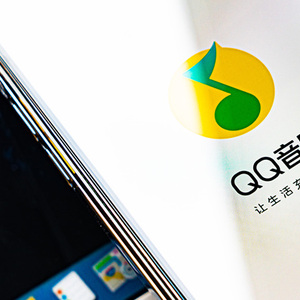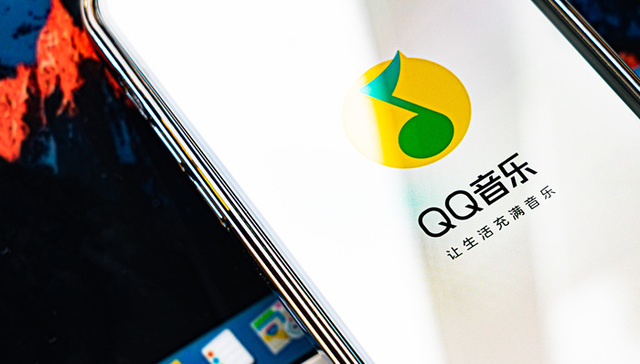by CHEN Xiaotong
Tencent Music-SW (1698.HK) opened higher on August 13 and climbed as much as 17 per cent to above HK$100. It closed the morning session at HK$101.7, up 15.18 per cent, giving the company a market capitalisation of HK$315 billion.
The rally came after Tencent Music Entertainment Group (TME) reported unaudited results for the quarter ended June 30. Revenue rose 17.9 per cent year on year to 8.44 billion yuan, while net profit attributable to equity holders climbed 43.2 per cent to 2.41 billion yuan. Adjusted net profit gained 33 per cent to 2.64 billion yuan.
Online music services remained the growth driver, with revenue up 26.4 per cent to 6.85 billion yuan. Paid music subscribers rose 6.3 per cent from a year earlier to 124.4 million, while monthly average revenue per paid user increased from 10.7 yuan to 11.7 yuan.
Citi said TME's Q2 results beat its and market consensus forecasts on revenue and adjusted net profit by 5.5 to 5.7 per cent and 16 to 18 per cent respectively. Subscription revenue grew 17 per cent and non-subscription online music revenue surged 47 per cent, offsetting an 8.5 per cent decline in social entertainment income. The robust non-subscription growth was attributed to solid advertising sales and strong merchandise and offline concert revenue.
Looking ahead, Citi expects stronger-than-previously forecast full-year growth, supported by subscription gains and momentum in fan economy, live shows and advertising.

Founded in 2016, TME offers online music and music-centric social entertainment services via platforms including Kugou Music, QQ Music, Kuwo Music, WeSing and Lazy Audio. It listed on the New York Stock Exchange in December 2018 and completed a secondary listing in Hong Kong in September 2022.
This year, TME has been active on the acquisition front. In May, it became the second-largest shareholder of South Korea's SM Entertainment after Kakao, following the purchase of HYBE's entire stake for about 1.29 billion yuan. In June, it announced a deal to acquire audiobook and podcast platform Ximalaya for US$1.26 billion in cash and shares, pending closing conditions — a move seen by analysts as filling a strategic gap in its audio portfolio.





